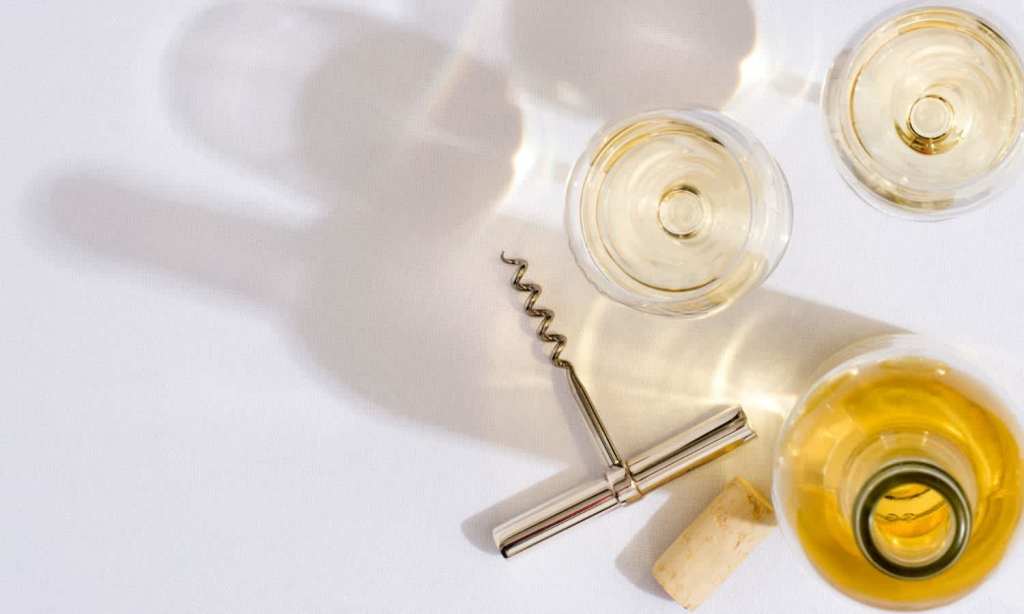Newly released guidelines by Australia’s chief scientific body have recommended Australians reduce the amount of alcohol they consume each week. The National Health and Medical Research Council says that a maximum of 10 drinks a week is recommended for those who want to reduce their risk of alcohol-related harm, as reported by The Sydney Morning Herald.
Professor Anne Kelso, the chief executive of the scientific body, sees these recommendations as advice rather than hard and fast rules, saying “we’re not telling Australians how much to drink”.
Developed over four years, these guidelines recommend no more than 10 standard drinks per week and no more than four standard drinks per day. The previous guidelines, which were released in 2009, recommended a maximum of 14 drinks a week. The guidelines also recommend women who are trying to get pregnant or those who are pregnant or breastfeeding should steer clear of alcohol completely, as should children under the age of 18.
The link between alcohol consumption and health issues is well documented with a recent study finding booze to increase your risk of alcohol-related cancer by 10%. Reducing the amount you drink each week will help to decrease your chances of developing alcohol-related illnesses substantially.
“Even one or two a day, on average, is increasing your risk of breast cancer compared to people who don’t drink,” Professor Kate Conigrave, a clinician and researcher at Royal Prince Alfred Hospital and the University of Sydney, told SMH.
According to Acting Chief Medical Officer Professor Paul Kelly, there are roughly 4,000 alcohol-related deaths every year and 70,000 hospital admissions. Alcohol is also linked to more than 40 common medical conditions.
Following these guidelines means people should have less than a one in 100 chance of dying from an alcohol-related illness. Professor Kelly said: “Following the guidelines keeps the risk of harm from alcohol low but it does not remove all risk”.
The changes to these recommendations bring Australia in line with similar guidelines as France, Denmark and the United Kingdom as well as proposed guidelines in the United States. According to Professor Emily Banks, an epidemiologist and public health physician at the Australian National University and deputy chair of the alcohol working committee, these guidelines will help people clearly understand what is considered safe or not, especially in the case of pregnant women, telling SMH: “We have no evidence of a safe level of consumption in pregnancy”.
“It pans out to a couple of drinks a day and having a couple of alcohol-free days,” Professor Banks said of the recommendations “One bottle of wine is about six to eight standard drinks, so you can share a bottle … But don’t have more than that on a given day.”
Consult your doctor before making any drastic changes to your diet.







